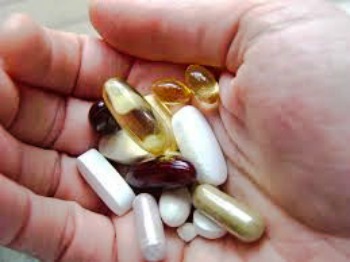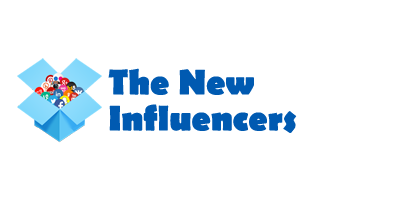Mankind has survived centuries of life here on Earth. Although it may look effortless to us now, it was actually a struggle for our ancestors especially that the elements were far more unforgiving in the past and they lacked the modern conveniences we now enjoy. And as the years go by, men learned to adapt and manage common issues that affect humans. Aside from food, shelter, and protection, human health is a major cause of concern in the absence of modern medicine.
 The medicines we now take saved countless of lives through the years. However, there is now such a thing as antibiotic resistance that we also have to deal with. So, it is no longer unusual that people opt not to take medicines whenever possible and rely on their body’s own immune system to fight off infections and build immunity. The question is, are we really doing our body a favor when we skip drinking these pills or do we really need them to stay healthy and well in this modern world plagued by viruses and bacteria that have likewise evolved?
The medicines we now take saved countless of lives through the years. However, there is now such a thing as antibiotic resistance that we also have to deal with. So, it is no longer unusual that people opt not to take medicines whenever possible and rely on their body’s own immune system to fight off infections and build immunity. The question is, are we really doing our body a favor when we skip drinking these pills or do we really need them to stay healthy and well in this modern world plagued by viruses and bacteria that have likewise evolved?
THE World Health Organization (WHO) is challenging all member-states to work for the reduction of incidents where medicines cause harm, and sometimes death, to people. In a statement, the WHO said it is launching a global initiative to reduce severe, avoidable medication-associated harm in all countries by 50 percent for the next five years.
Although we often think of medicines as tools in promoting health and in treating diseases, at times they can also work to your disadvantage and be the reason for you to feel sick and unwell.
The Challenge calls on countries to take early action to address key factors, including medicines with a high risk of harm if used improperly; patients who take multiple medications for different diseases and conditions; and patients going through transitions of care, in order to reduce medication errors and harm to patients. “Preventing errors and the harm that results requires putting systems and procedures in place to ensure the right patient receives the right medication at the right dose via the right route at the right time,” said Chan.
However, if you need to take a medicine to treat a disease or a condition and it was prescribed by your doctor, don’t put it off and just pop that pill or see your health deteriorate right in front of your own eyes.
There is an out-of-control epidemic in the United States that costs more and affects more people than any disease Americans currently worry about. It’s called nonadherence to prescribed medications, and it is — potentially, at least — 100 percent preventable by the very individuals it afflicts.
The numbers are staggering. “Studies have consistently shown that 20 percent to 30 percent of medication prescriptions are never filled, and that approximately 50 percent of medications for chronic disease are not taken as prescribed,” according to a review in Annals of Internal Medicine. People who do take prescription medications — whether it’s for a simple infection or a life-threatening condition — typically take only about half the prescribed doses.
This lack of adherence, the Annals authors wrote, is estimated to cause approximately 125,000 deaths and at least 10 percent of hospitalizations, and to cost the American health care system between $100 billion and $289 billion a year.
(Via: https://www.nytimes.com/2017/04/17/well/the-cost-of-not-taking-your-medicine.html?_r=0)
One should take drinking medicines seriously to prevent developing a resistance to certain drugs and face even bigger problems later on. Human may be one of the strongest and most superior species in the planet but our health can also be so fragile especially when sick. Medicines came to be because they serve the purpose of improving our health when our immunity goes down. Most medicines are actually made from natural and organic substances while others are made from chemicals and manufactured in the labs that may do more harm than good when too much is taken.
The question whether to pop that pill or not is not a difficult one to answer at all. Take whatever your doctor has prescribed you, whether it is a medicine or supplement and take the desired drug and dose at the right time to achieve the desired effect. Other than that, you put your health at risk and even risk having the drug work the opposite for you if you don’t heed doctor’s order.
